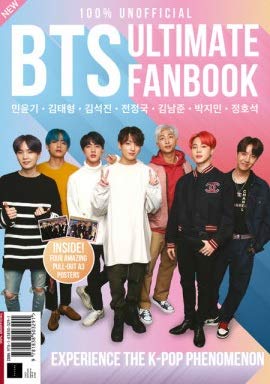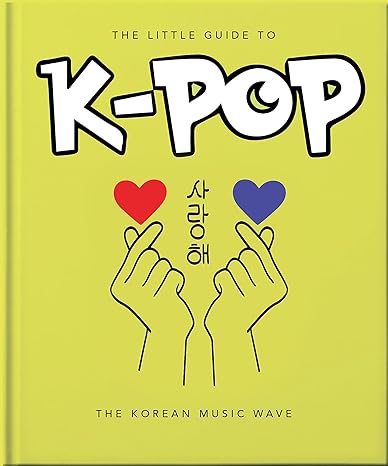When you try your best, but you don’t succeed.
What do these words mean to you?
Maybe they evoke a vision of Chris Martin.
Or perhaps they serve as inspiration for your autobiography.
In my case, either would be a workable answer.
But it’s a third option that really comes to mind.
Despite a truly earnest effort, my desire to like K-Pop can only be described as one thing—a failed mission.
To understand, let me reverse the clock several years.
Back then, I knew that conceptually, the artistic movement coming out of South Korea was something I should embrace.
After decades—or centuries—of Western exports directing global culture, it seemed right that Asia finally have its moment. Shouldn’t the largest continent, that which contains 60 percent of humanity and some of the most robust modern economies, have a seat at the table?
Throw in the somewhat tortured history of Korea—one defined for too long by external forces—and it was time for the people of the Korean Peninsula (at least those in the southern half) to take the stage.
That’s why I bought this.
And, more recently, this.
I, like everyone else, listened to this.
And this.
I worked hard to appreciate all the catchy hooks. Knowing that the visuals were just as important, I did my best to rave about the pristine choreography, too. I got a warm and fuzzy feeling inside when I heard about the collaborations—including ones with the aforementioned Chris Martin and his band Coldplay. Metaphorically shrinking the world, after all, eventually brings us closer together. And when I heard about the rabid K-Pop fan bases, I knew I wasn’t alone in my impulse to embrace Hallyu, aka the Korean wave.
But love, as they say, cannot be manufactured, especially when the object of that love is, well, manufactured.
You see, there is nothing organic about this operation.
Envision young people, years of intensive training, and zero guarantees of success.
Now envision their mental health.
And that’s not all.
Think about a pathologic emphasis on appearance, translating into directives from above regarding skin color, body shape, and romantic interests. That is, think about objectification.
Then there are the metrics. Have we reached a point where the worthiness of art is only measured by likes, streams, and sales?
Because just here in my tiny outpost near the Canadian border, I know I’ve been exposed to far greater musical complexity, even if the result has been extreme anonymity. (These, by the way, are written by two of my son’s mentors, Brendon Caroselli and Sean Jefferson, respectively.)
In other words, please don’t tell me that K-Pop is great music.
Formulaic? Yes.
Entertaining at times? Sure.
Thought-provoking? Not even close. I mean, unless you consider I just wanna be your dog or ice cream chillin’ gifts to the English language.
That brings us back to the so-called cultural phenomenon.
What exactly have we accomplished beyond proving that Asians can mimic diluted, uninspiring Western sounds and market the hell out of them, thereby further narrowing the sonic offerings available to young ears?
And finally, if K-Pop is nothing but a masterclass in marketing, do we really need to be force fed robotic pop idols?
How about scientists? Teachers? Carpenters? Electricians? Or anyone or anything that can move us forward without also moving us downward?
Through this revelatory journey, I’ve learned when you try your best, but you don’t succeed, there is, of course, a silver lining.
Stated another way, I’ve learned I don’t have to pretend to like this song anymore.


4 Responses
Have not the music but we love KIA!! Especially EV6.
Hahahaha
Actually just heard the music and found it entertaining.
Nice! As far as music goes, entertaining and good may not always be the same.